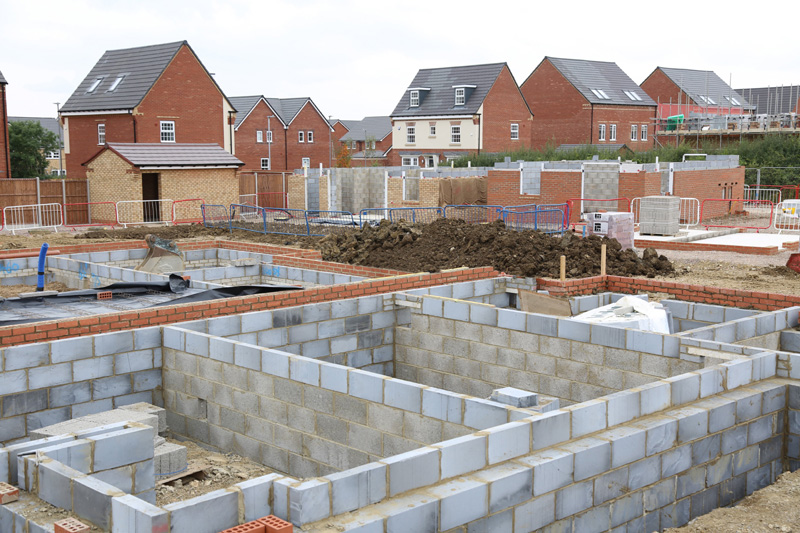
New data released by NHBC shows that UK new home registrations increased by 25% in the first quarter of 2022 compared to the same period last year.
NHBC’s new-build registration statistics are widely recognised as a leading indicator of house building activity and help to build a broader picture of the market. The figures show that a total of 45,991 new homes were registered to be built in Q1 2022 compared to 36,665 in Q1 2021, demonstrating the house-building sector’s commitment to respond to demand.
Private sector registrations were a key driver of growth with an increase of 31% to 35,134 (Q1 2021 26,773) as builders continue to respond to high consumer demand for new homes. There were also gains in the rental sector, up 10% from 9,892 in Q1 2021 to 10,857 in Q1 2022, driven in part by the growth in Build to Rent.
London bounced back to growth with a 51% rise in new home registrations in the quarter, whilst the other regions experiencing significant growth included Wales (+84%), East Midlands (+65%) and West Midlands (+52%). There were small dips in registrations in Northern Ireland (-8%), Scotland (-6%) and the East (-16%).
New home registrations rose for every house type, with detached homes reaching a 20-year high of 16,090 registrations in Q1 2022 as housebuilders continue to respond to buyers looking for extra space as many continue to work from home.
New home completions saw a slight decrease of 4% from 33,222 in Q1 2021 to 31,874 in Q1 2022, with some disruption caused by materials’ shortages and supply chain challenges.
NHBC Chief Executive Steve Wood said: “We have seen a strong start to the year with a 25% uplift in new home registrations in the quarter, reflecting a reasonably buoyant new build market and strong forward sales. Material and labour supply shortages continue to be a challenge, but this is now being managed by housebuilders as ‘the new normal’.
“Inflationary pressures and the strain on household budgets may yet impact market activity, with this likely to be dampened by continued strong demand in both private sale and rental sectors.”










